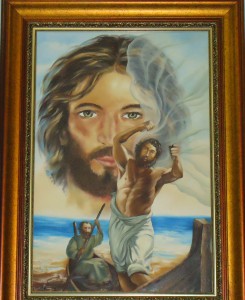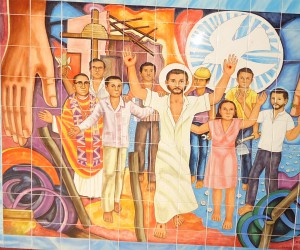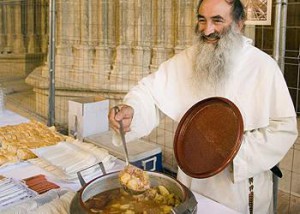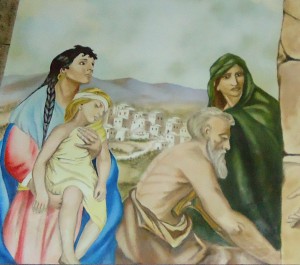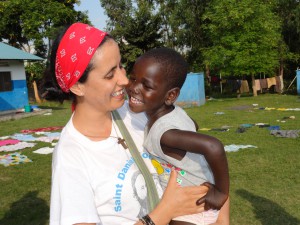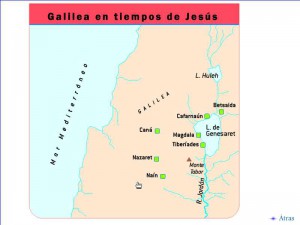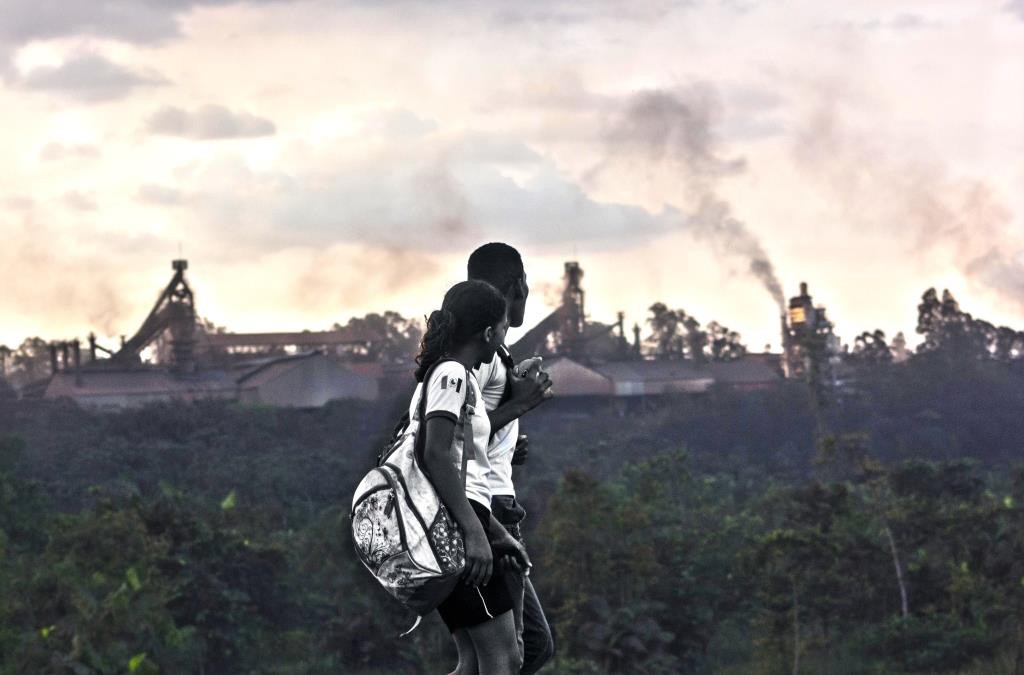A commentary on Mk 6, 7-13 (XV Sunday O. T.: July 12th 2015)
After being refused by the people of Nazareth, Jesus, according to Mark, set up a new stage of his Mission involving in it the Twelve, the seed of a new people who accepted the Kingdom of God and made it flourish in villages and towns. In the text of Mark that we read this Sunday, we can find many points of meditation useful for our live as disciple missionaries. I just reflect a bit on four of them:
- He called the Twelve and started sending them
The Mission is not a fruit of a personal initiative, but of a call. On the way of missionary discipleship there are moments in which it seems that it is us that take the initiative, it is us that have a project for humanity, an interesting ideology, our clever way to look at things. But real discipleship only starts truly when, passed the stage of a self-centred mission, we come to realize that it is the Lord that calls us and sends us.
Moses and other important prophets have gone through this experience: Mission usually ends up in complete failure when it is taken as a personal way to become somebody in society, while it becomes fertile when it is taken as an answer to a call from God.
Even artists tell something similar to that prophetic experience. Poets, for example, often say that it’s not they that look for words, buts it’s words that look for them; in fact, poetry reaches a special forceful expression when somehow it “imposes” itself to the poet, who has maybe worked hard with the words, but at the end he feel that the inspiration came as a gift. On the same way, in our missionary discipleship there must be a moment of surprising grace, an awareness of being freely called, breaking our barriers and our desires of self-control and personal ideologies or pretentious self-made projects… Only then Mission becomes really the Mission of the Lord, fertile, even if it has to go through failure and cross.
- Two by two
Sending the disciples out “two by two”, Jesus follows the Hebrew tradition, according to which, messengers are sent two by two, so that the message conveyed by the spokesman will be confirmed by his companion. Going on mission two by two the disciples sustain each other on their witness giving more credibility to the message of the new brotherhood.
Moreover, mission “two by two” is no longer an individual, private mission, but it becomes a social, public proposal. Certainly, Jesus used to pray for hours alone, but his mission was always public: in synagogues and streets, in towns and villages, in private houses and public places. Jesus’ mission was not a private but a public and social affair. This does not mean that it makes mission easier, but a more authentic and credible one.
- To enter peoples’ homes
In the missionary practice of Jesus there are no reserved places: he preaches and heals everywhere. Jesus’ mission does not exclude the Temple, but neither remains limited to it. Looking at that, we are sure that the Church’s mission today cannot be confined to parishes; it has to come out of parish’s premises and go to meet people wherever they are and live.
- To announce the nearness of the kingdom
Nearness: this is a key word in Jesus’s experience and mission. Jesus announces, with words and actions, that God is near to people and He performs actions of healing, liberation, forgiveness and love that makes people rise up and walk. This is the power Jesus has, the power that shares with his disciple missionaries, the power that make people rise and walk as free children of God.
Fr. Antonio Villarino
Roma




